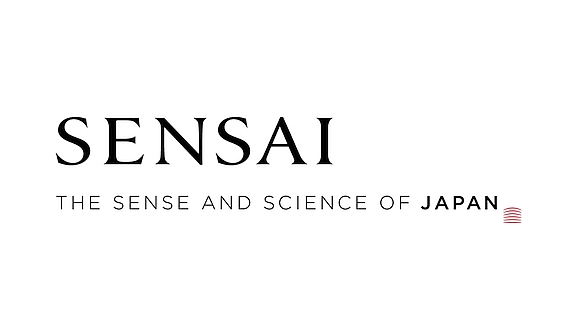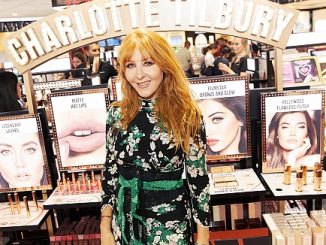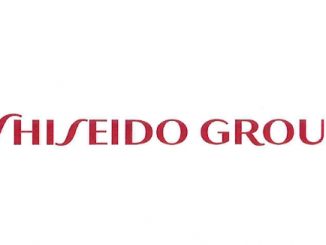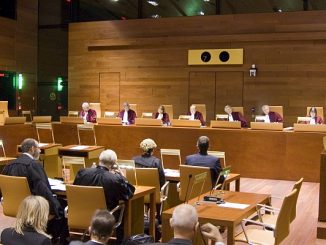
Gray Market Goods – Kanebo Cosmetics Wins Long-standing Legal Dispute. Munich, February 1, 2024 – Japanese luxury cosmetics manufacturer Kanebo Cosmetics has won the main action before the Düsseldorf Higher Regional Court in a legal dispute against the German retail chain Real. With this decision, the long-running legal dispute, in which Kanebo Cosmetics had defended itself against the sale of gray market goods in Real stores and on the real.de platform, has now likely come to an end.
Gray Market Goods – Kanebo Cosmetics had already taken action in 2017
Kanebo Cosmetics had already taken action in 2017 with preliminary injunction proceedings against the resale of original goods bearing the SENSAI and KANEBO trademarks. Kanebo Cosmetics argued that the sales were damaging the luxurious image of its trademarks and should therefore be banned across Europe.
In 2018, the Higher Regional Court issued a landmark decision
The Düsseldorf courts followed this argument in the summary proceedings. In 2018, the Düsseldorf Higher Regional Court issued a landmark decision in which, as far as is known, a German higher court recognized for the first time that manufacturers of luxury goods can prevent the sale of gray market goods if their products are sold in a sales environment that damages their reputation and image (decision of March 6, 2018, Case No. I-20 U 113/17).
Higher Regional Court has now dismissed the appeal against this decision in its entirety judgment of 07.12.2023
As Real did not accept this decision as final, Kanebo Cosmetics initiated main proceedings against Real. In the main proceedings, the Düsseldorf Regional Court also prohibited Real from selling SENSAI and KANEBO cosmetics in its stores and online throughout Europe (judgment of 29.09.2022, ref. 37 O 95/18).
The Düsseldorf Higher Regional Court has now dismissed the appeal against this decision in its entirety judgment of 07.12.2023, (ref. I-20 U 279/22). As a result, it is now clear that the SENSAI and KANEBO trademarks are luxury marks with considerable prestige value. It is also clear that, despite the principle of exhaustion applicable in German and European trademark law, the distribution of original luxury goods among goods of all kinds, both in stationary retail and on an online platform with a basic layout, is prohibited because distribution in such an environment significantly damages the image of the trademarks.
Decision is a milestone in the national continuation of the European Court of Justice’s case law
“The decision is a milestone in the national continuation of the European Court of Justice’s case law on the exclusion of exhaustion, and it significantly strengthens the rights of owners of luxury trademarks,” says Janina Wortmann, who represented Kanebo Cosmetics in the litigation from the outset while at Noerr. Wortmann is now a partner at Finnegan in Munich.
About Finnegan, Henderson, Farabow, Garrett & Dunner, LLP
Finnegan, Henderson, Farabow, Garrett & Dunner, LLP is one of the largest IP law firms in the world. From offices in Atlanta, Boston, London, Munich, Palo Alto, Reston, Seoul, Shanghai, Taipei, Tokyo, and Washington, DC, the firm practices all aspects of patent, trademark, and copyright law, including counseling, prosecution, licensing, and litigation. Finnegan also represents clients on IP issues related to advertising, trade secret law, European patents and trade marks, international trade, portfolio management, the Internet, e-commerce, government contracts, antitrust, and unfair competition. For additional information on the firm, please visit www.finnegan.com. Follow us on LinkedIn.
[Text: epcnews/Logo: Kanebo Cosmetics]



